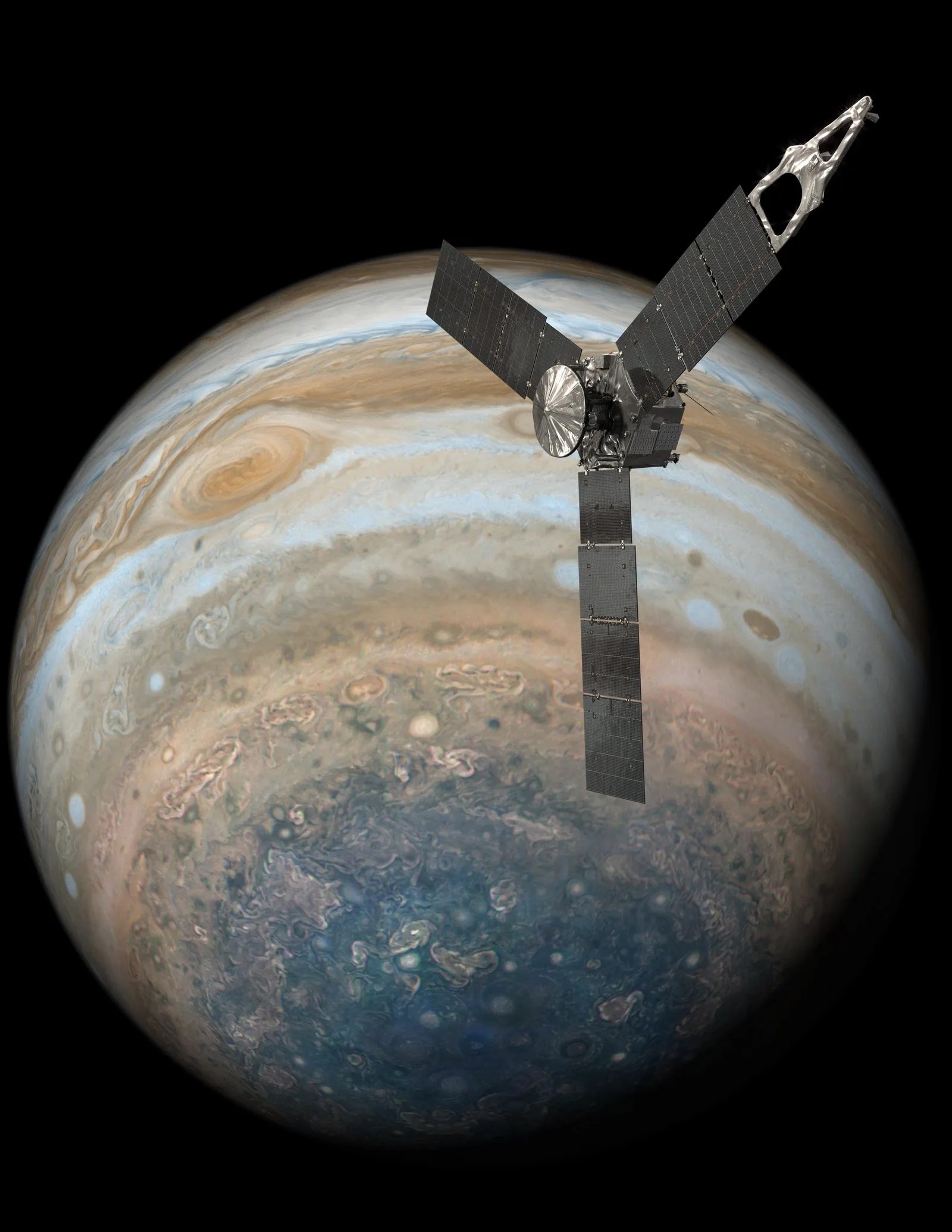NASA Science Events and Activities
Let NASA bring the universe to you!
We’re inviting every student, educator, and lifelong learner to share in the excitement of scientific discovery and space exploration through unique opportunities from NASA’s Science Activation Program – a community-based approach to connect NASA science with learners of all ages. Check out these events and activities for educators, families, and students in kindergarten and up.
Upcoming Events & Activities
Now until January, 2025: Register for the Artemis ROADS III National Student Challenge
Intended Audience: Formal & Informal Educators of Students in Grades 3-12
Interested in engaging your students in a nationwide Moon-related NASA challenge? Want to infuse NASA science into your after-school activities?
The 2024-2025 Artemis ROADS (Rover Observation & Discoveries in Space) III National Student Challenge offers students in grades 3-12 the opportunity to team up and complete eight Mission Objectives, which will require designing their own NASA mission and other related hands-on activities like rocket-building, Rover-programming, and cultivating Moon plants. This incredible team activity is suitable for in-class group projects, school robotics activities, programming activities, other club activities, Scout troops, other community organizations, and more!
Educators who register to lead student teams as Mission Advisors receive training and a Standards-aligned Companion Course. Qualifying teams are also eligible to receive challenge supplies. Student teams will submit their mission results by May 30, 2025 for recognition.
Registration Deadline:
Register to be a Mission Advisor for a student team and/or apply for a supply loan by: January 25th, 2025

Tuesday, December 3, 2024: Heliophysics Education Community Monthly HBY Talks with NASA HEAT
Intended Audience: Formal and informal educators, science communicators, and other heliophysics enthusiasts
Once a month (usually on the first Tuesday), the Heliophysics Education Community meets online to share knowledge and opportunities. During the Heliophysics Big Year (HBY) – a global celebration of the Sun's influence on Earth and the entire solar system, beginning with the Annular Solar Eclipse on October 14, 2023, continuing through the Total Solar Eclipse on April 8, 2024, and concluding with the Parker Solar Probe’s closest approach to the Sun in December, 2024 – the meetings are structured to include short presentations by subject matter experts both inside and outside NASA.
These short monthly presentations help promote the understanding of heliophysics in alignment with monthly HBY themes . Presenters and team members from the NASA Science Activation program's NASA Heliophysics Education Activation Team (NASA HEAT) connect these themes with the Framework of Heliophysics Education in mind, mapping them directly to the Next Generation Science Standards (NGSS) – a set of research-based science content standards for grades K–12.
Everyone is welcome to participate in the final 2024 webinar at 7 p.m. EDT:
- 12/03/24 Parker’s Perihelion, 7 p.m. EDT Join the Webinar on Teams

Tuesday, December 17, 2024: Heliophysics & Math Enrichment Webinars
Intended Audience: Science & Math Formal & Informal Educators,Science Communicators, and Other Heliophysics Enthusiasts
The Heliophysics Big Year (HBY) is a global celebration of the Sun's influence on Earth and the entire solar system. It began with the Annular Solar Eclipse on Oct. 14, 2023, continued through the Total Solar Eclipse on Apr. 8, 2024, and will conclude with Parker Solar Probe’s closest approach to the Sun in December 2024.
Challenged by the NASA Heliophysics Division to participate in as many Sun-related activities as possible, the NASA Heliophysics Education Activation Team (NASA HEAT) has been hosting a monthly webinar for formal and informal educators, science communicators, and other heliophysics enthusiasts to promote the understanding of heliophysics in alignment with monthly HBY themes. Each webinar’s content is designed with the Framework of Heliophysics Education in mind and maps directly to the Next Generation Science Standards (NGSS). Using the three main questions that heliophysicists investigate as a foundation, NASA HEAT cross-referenced heliophysics topics with the NGSS Disciplinary Core Ideas to create NGSS-aligned “heliophysics big ideas.” In each webinar, three math problems related to the theme are presented for elementary, middle, and high-school level learners.
Register for the final 2024 webinar at 7 p.m. EDT:
- 12/17/24 Parker’s Perihelion (Meeting ID: 285 618 709 395 | Passcode: QiczTp)

Wednesday, December 18th, 2024: Night Sky Network Webinar Series – Astronomy Picture of the Day with Dr. Robert Nemiroff
Intended Audience: Learners Ages 12+
Join the NASA Night Sky Network on Wednesday, December 18th, 2024 at 9:00 p.m. EDT for our annual Astronomy Picture of the Day (APOD) webinar with Dr. Robert Nemiroff. The APOD archive contains the largest collection of annotated astronomical images on the internet.
When: Wednesday, December 18th, 2024 at 9:00 p.m. EDT

On-Demand Events & Activities
Learning & Educational Activities & Resources from NASA Science
Educators are invited to browse these Learning and Educational Activities and Resources from NASA Science (LEARN Science) for multiple grade-levels from early elementary through high school to discover awesome, ready-to-use activities and resources.





